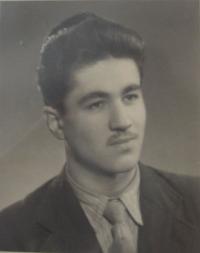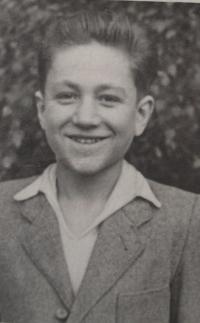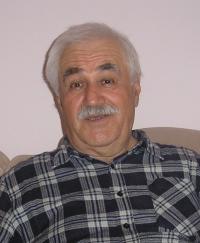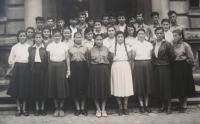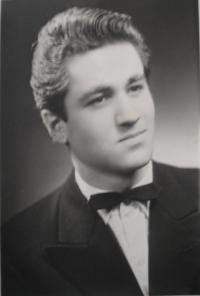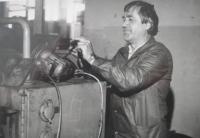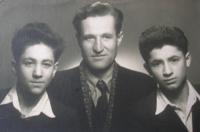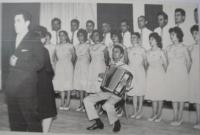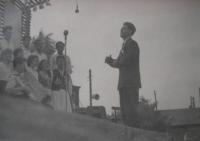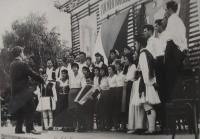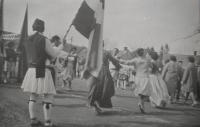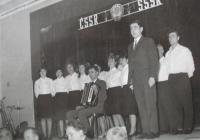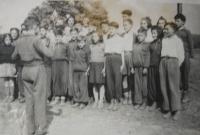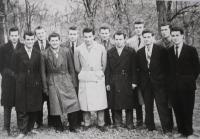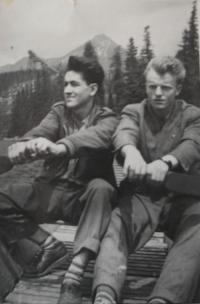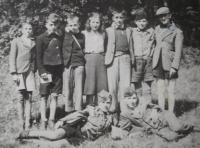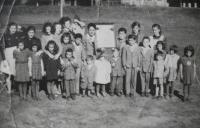Our tears dried up, there was no point in crying.
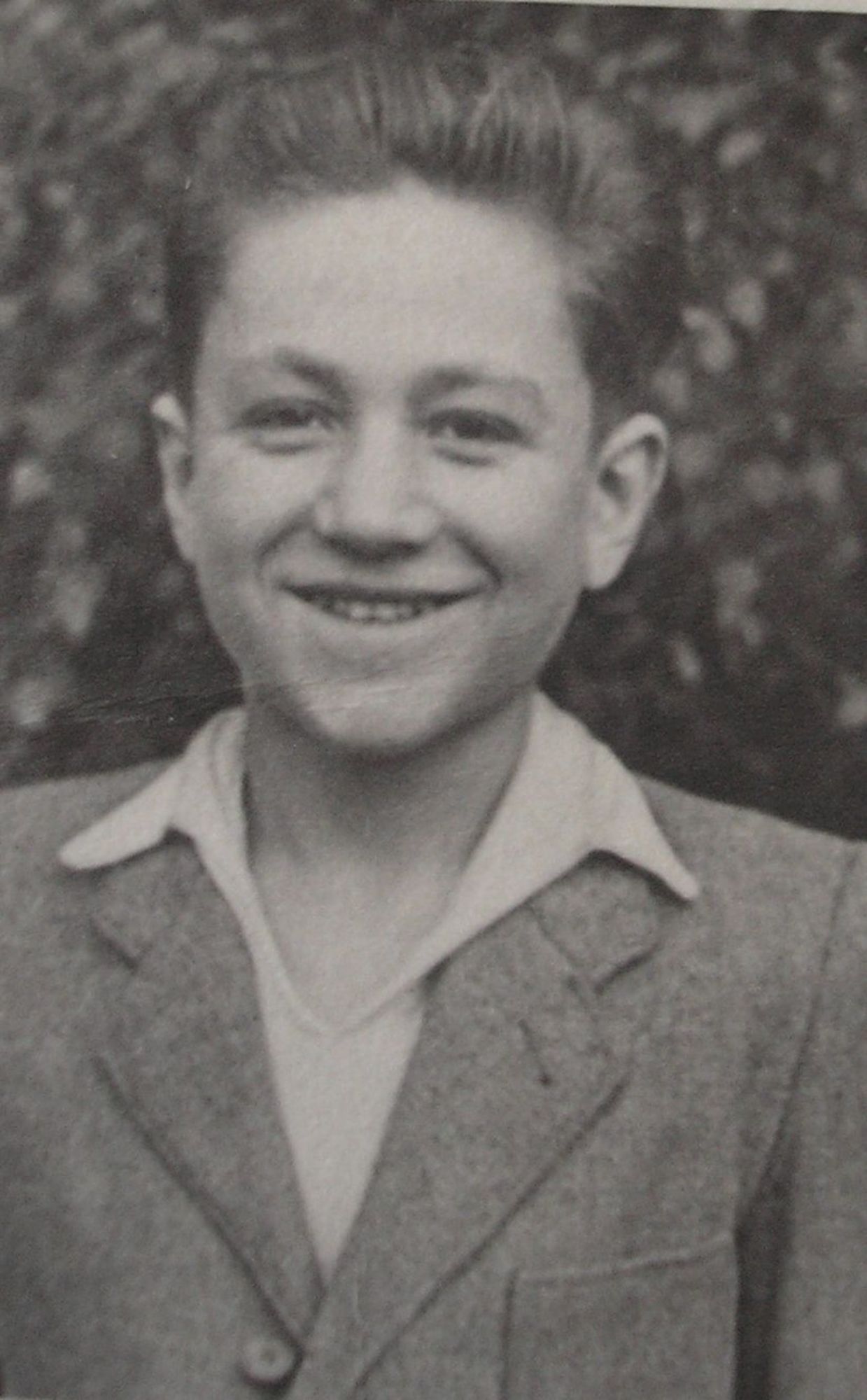
Download image
Ilias Michopoulos was born in 1938 in the village of Glikoneri in northern Greece. His parents were smallholders. Michopoulos’ father fought against the Italian invasion during World War II, and later joined the Greek People’s Liberation Army (ELAS) as a partisan. After the the German occupation ended, at the beginning of the civil war, he fought against the royal army and against British units as part of the Democratic Army of Greece (DSE). In 1948, Ilias Michopoulos left Greece together with his two younger sisters and headed through Albania and Yugoslavia into Czechoslovakia. Michopoulos first arrived at a camp in Mikulov, and was subsequently moved through eight different children’s homes. Michopoulos’ parents came to Czechoslovakia three quarters of a year later. However, the children had to remain in the children’s homes as their parents were not able to look after them. Ilias Michopoulos attended a secondary school of agriculture in Bratislava and went on to work at the State Tractor Station in the Bruntál region. For a short time he was a member of the Communist Party of Greece (KKE), however in 1967 he withdrew his membership due to differences of opinion with the party leadership. He enjoys dancing and singing, he founded a Greek song-and-dance troupe in Zlaté Hory. He now lives in Prague. He is active, he interests himself in the fate of the historical buildings at the Kyselka spa, where he lived for a short time during his childhood.
